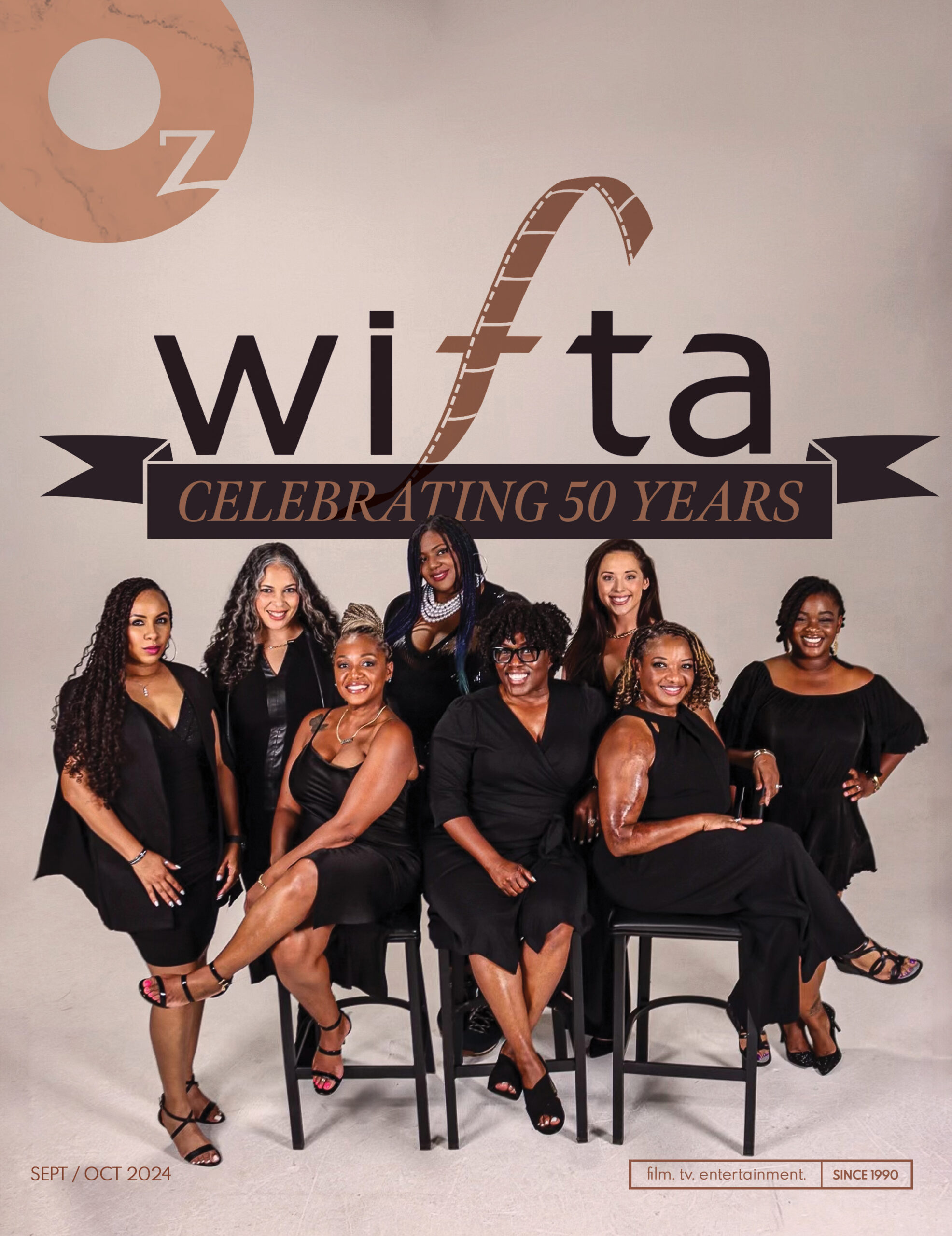

This is a terrific documentary about the peanut farmer (high school valedictorian, Navy lieutenant, church deacon, Georgia state senator and Georgia governor) who became the 39th President of the United States. It’s got archival footage of long-ago campaigns, old family photos, and interviews with people who have known and admired him. And it’s brimming with music.
But the title is a bit deceptive. Jimmy Carter was anything but a rock ‘n’ roll president (whatever that means). He was and still is a hardworking, bright, virtuous man who faced some huge challenges in his White House days – among them the Camp David Accords, the Iran Hostage crisis, confrontations with the Ku Klux Klan.
The title refers to the fact that he’s always loved music, all kinds of music: rock, country, folk, jazz, classical. He takes great pleasure in listening to it, he’s used it to smooth ruffled feathers in political circles, he regularly presented concerts at the White House.
OK, so I guess the title “Jimmy Carter: Music President” isn’t as cool as the one the film’s got. Fair enough.
The first thing on display is Carter speaking at the 1976 Democratic National Convention, paraphrasing (and crediting) Bob Dylan, saying, “America is busy being born, not busy dying.” The second thing, filmed last year in his Plains, Georgia, home, is Carter sitting down next to a turntable, placing the needle on track one, side two, of Dylan’s “Bringing It All Back Home,” and breaking into a big smile at the opening chords of “Mr. Tambourine Man.”
The parade of storytelling and commenting begins. Carter explains how the Allman Brothers “helped put me in the White House” and discloses a funny tale of Willie Nelson smoking pot at 1600 Pennsylvania Ave.
Director Mary Wharton keeps brief segments flying at a fast clip. Carter grew up on Gospel music, and we see some Gospel being performed at one of his rallies. Guitarist Nile Rodgers is on-camera reading from Carter’s poem “Plains.” Willie Nelson also picks up on a verse of it. Carter’s son Chip tells of a $600 stereo system his dad bought, even though money was tight at the time, and that Carter would listen to the music his sons played on it. “It was one of the ways he stayed in touch with his children,” Chip says.
The film doesn’t stay focused only on music. Carter, who replaced the bigot Lester Maddox as governor of Georgia, constantly spoke out for Black equality in overly racist Georgia, and one of his first acts as governor was to hang up a portrait of Martin Luther King Jr. in the governor’s mansion.
But soon it’s back to music, and interviews. Dylan, who got close to Carter, now calls him a kindred spirit. The late Gregg Allman contributes a funny story about his first meeting – which supposedly involved some drinking – with Carter. There were fundraisers for his presidential run with music by Charlie Daniels, Jimmy Buffett and the Marshall Tucker Band.
There were counter-fundraisers when Jerry Brown temporarily jumped into the race, bringing along the Eagles and Linda Ronstadt.
And the film makes sure to include proof that Carter had an affection for jazz, best shown when, as president, hosting a concert on the South Lawn, he takes the stage as a vocalist – of sorts – on the song “Salt Peanuts,” accompanied by trumpeter Dizzy Gillespie and drummer Tony Williams.
There’s more music, more stories of Carter’s personality and more readings of his poetry. Madeleine Albright, who was a member of Carter’s National Security Council, talks about his political achievements. Then it’s back to the music: At the ceremony for Carter winning the Nobel Peace Prize in 2002, Willie Nelson sings “Georgia on My Mind.”
This is a loving tribute to Carter. It showcases some political accomplishments that you might have forgotten, honors his celebrated humanitarian deeds and spotlights the musical appreciation side of him that you probably weren’t aware of.
“Jimmy Carter: Rock & Roll President” opens in selected theaters and virtual cinemas on Sept. 9.
The “Jimmy Carter: Rock & Roll President” film is one of the first to hit theaters as they reopen admits COVID-19. Large movie chains such as the AMC franchise faced huge finacial loses since March.
Ed Symkus can be reached at [email protected].
Read more, here.






